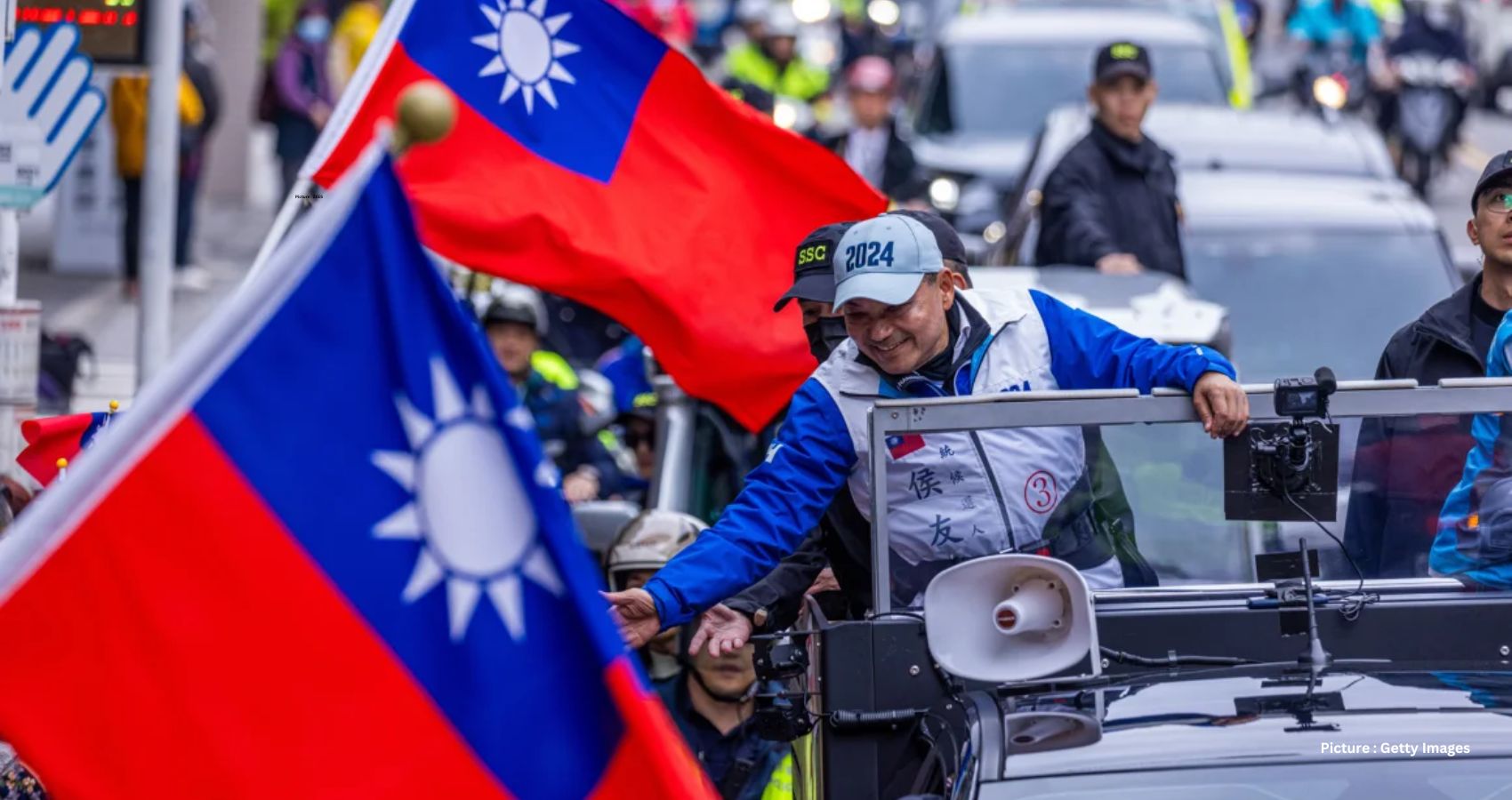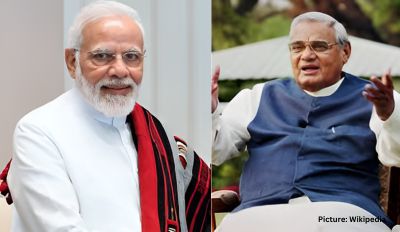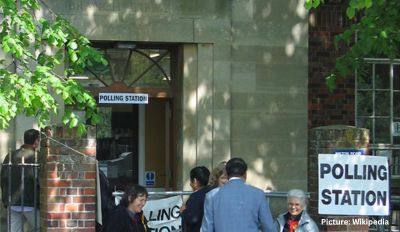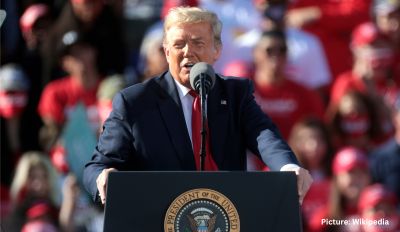In a scenario eerily reminiscent of pivotal presidential elections with far-reaching consequences for the world, Taiwan, a dynamic Asian democracy neighboring a powerful authoritarian state, is set to hold presidential and parliamentary elections this Saturday. The implications of this electoral contest extend well beyond Taiwan’s borders, drawing close scrutiny from China’s Communist leadership, which has persistently asserted its claim over Taiwan despite never having governed it.
The majority of Taiwanese citizens adamantly reject Chinese rule, particularly as President Xi Jinping consolidates power domestically and China adopts a more assertive stance towards its neighbors. China frames the election as a pivotal choice between “war and peace, prosperity and decline,” a sentiment underscored by Xi’s New Year’s Eve warning, asserting the inevitability of reunification with Taiwan.
The United States, Taiwan’s primary international supporter and arms supplier, has had tumultuous relations with China over the Taiwan issue. The upcoming election in Taiwan is poised to test the delicate balance between these global superpowers, with the potential to either ease tensions or escalate towards confrontation and conflict.
The Candidates and Their Platforms
Three contenders vie to succeed President Tsai Ing-wen, who, after eight years in office, cannot seek re-election due to term limits. The frontrunner, Lai Ching-te from the ruling Democratic Progressive Party (DPP), advocates for Taiwan’s de-facto sovereignty and distinct identity from China. While initially branded as a “practical worker for Taiwan independence,” Lai has moderated his stance, pledging to maintain the status quo and engage in dialogue with Beijing on equal terms.
Hou Yu-ih, a former police officer and mayor of New Taipei City from the opposition Kuomintang (KMT), emphasizes peaceful relations with China through open dialogue and increased economic and social ties. Hou criticizes the DPP for provoking China and advocates for a stronger Taiwanese defense.
Ko Wen-je, representing the Taiwan People’s Party (TPP), founded in 2019, positions himself as a political outsider. Focusing on everyday issues, Ko proposes a “middle path” in relations with China, criticizing both the DPP for hostility and the KMT for excessive deference.
The potential re-election of the DPP for a third term, unprecedented in Taiwan’s democratic history, would signify the failure of China’s aggressive approach towards Taiwan.
China’s Response and Current Dynamics
Under Xi’s leadership, China has predominantly utilized a coercive approach, diminishing communications with Taiwan, isolating it diplomatically, and escalating military pressure. Cross-strait relations have reached historic lows, with fewer than 3% of Taiwanese identifying as Chinese and less than 10% supporting unification.
China urges Taiwanese voters to make the “correct choice,” implying favoring candidates other than the DPP. Taiwan accuses China of interference, citing disinformation campaigns and economic coercion. Military provocations, including fighter jets, drones, and warships near Taiwan, reflect China’s efforts to influence public morale.
While an outright invasion seems unlikely, China has various means to display displeasure, from military exercises to trade sanctions or a blockade. The international community closely monitors these actions, particularly given existing global tensions.
The U.S.-Taiwan Relationship
Since formally severing ties with Taiwan in 1979, the U.S. has maintained unofficial relations and is obligated by law to support Taiwan’s defense. However, the U.S. has remained ambiguous on whether it would defend Taiwan against a Chinese attack. Under Presidents Biden and Trump, the U.S. increased support and arms sales to Taiwan, raising questions about its longstanding “strategic ambiguity.”
China perceives Taiwan as a red line in its relations with the U.S., warning against interference. Despite U.S. assurances of neutrality in Taiwan’s election, tensions persist. As the U.S. endeavors to stabilize relations with China, Taiwan’s election adds complexity to an already challenging geopolitical landscape.
As the world anxiously watches the unfolding dynamics between Taiwan, China, and the U.S., the outcome of Taiwan’s election and its aftermath will undoubtedly reverberate across the globe. Against the backdrop of escalating conflicts in Europe and the Middle East, the choices made by Taiwanese voters may set the course for international relations in the years to come. Concurrently, the U.S. presidential election later in the year will be closely monitored by Taiwan’s new leadership and its population, further influencing the intricate web of global politics.











